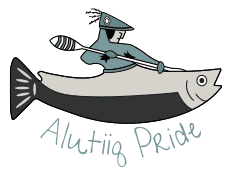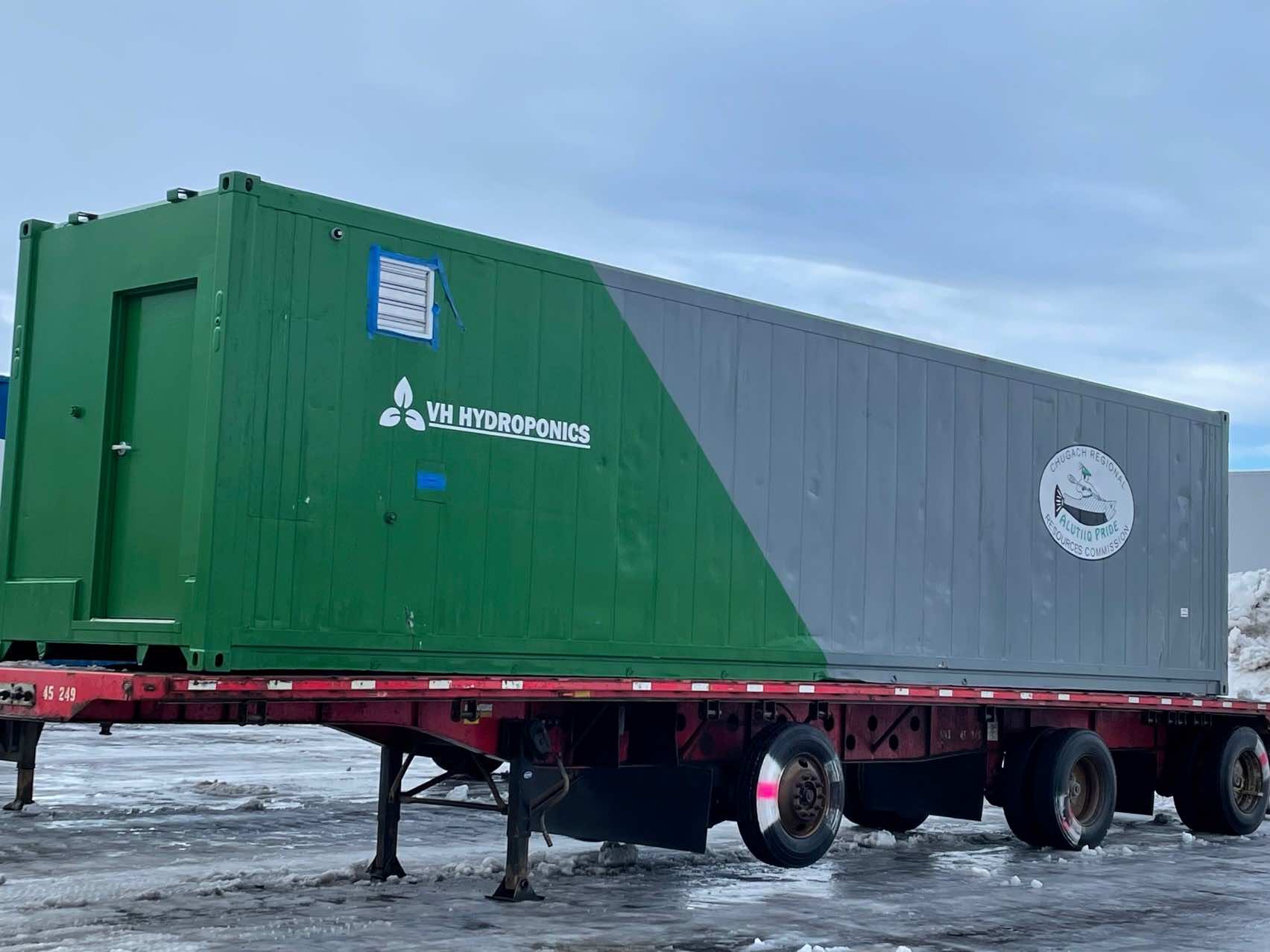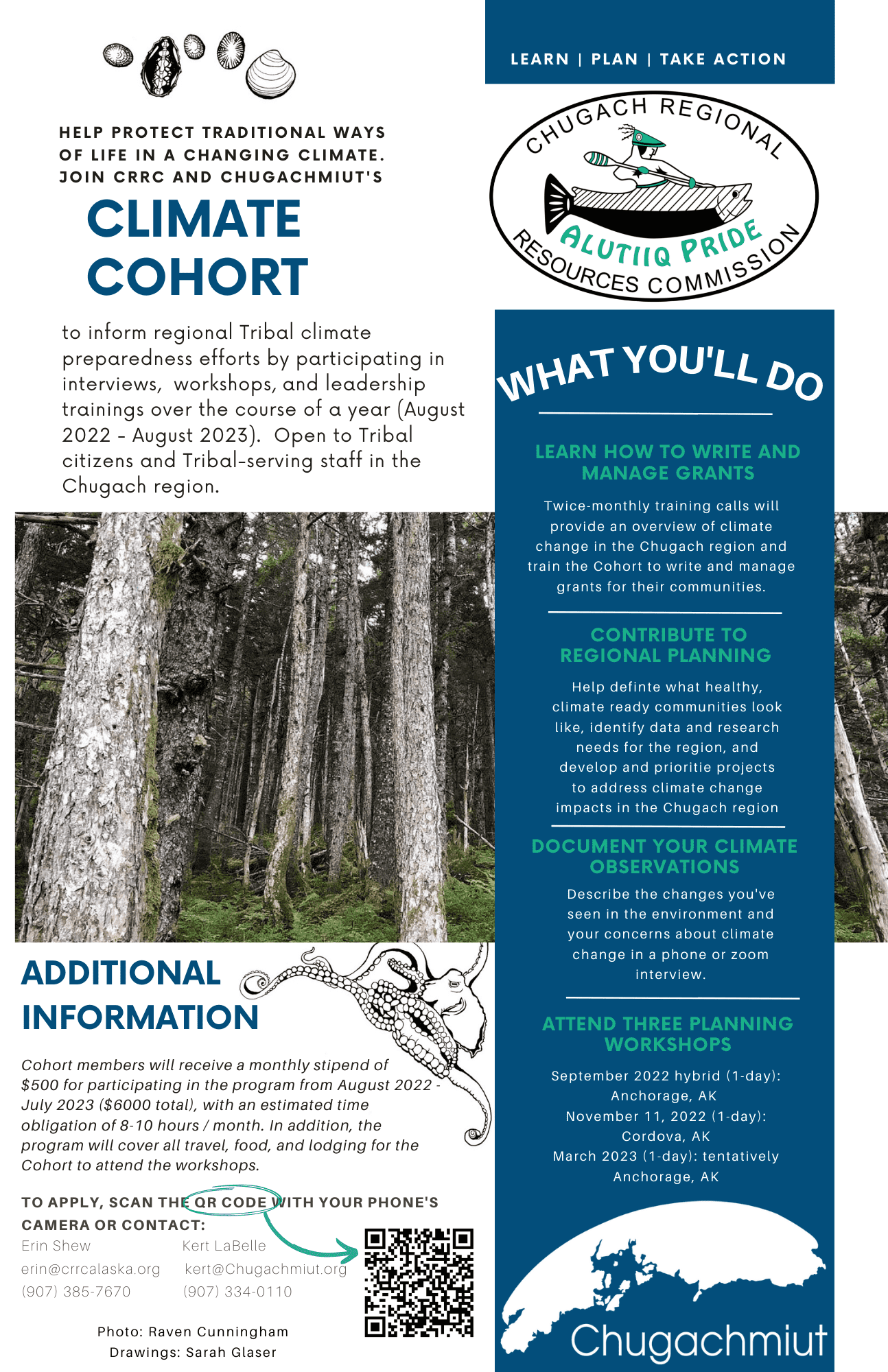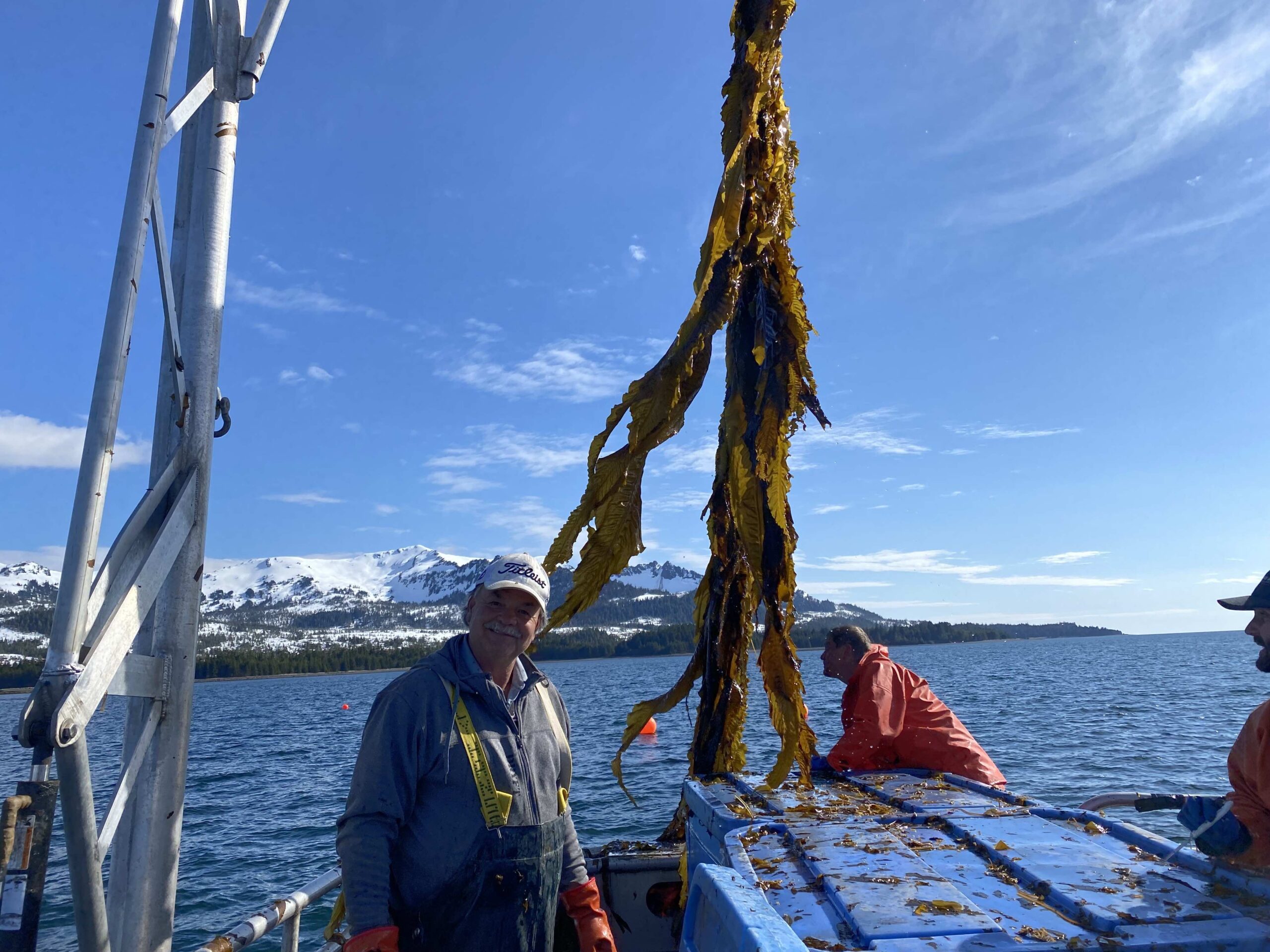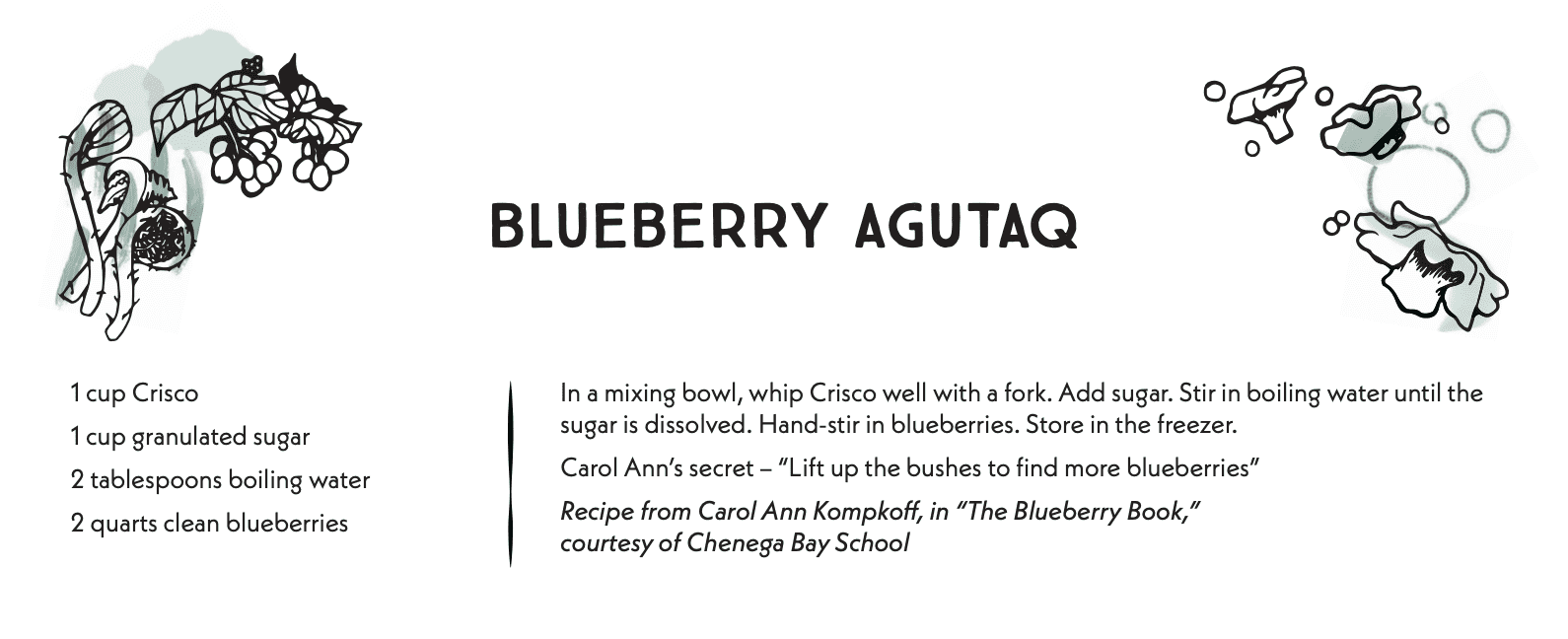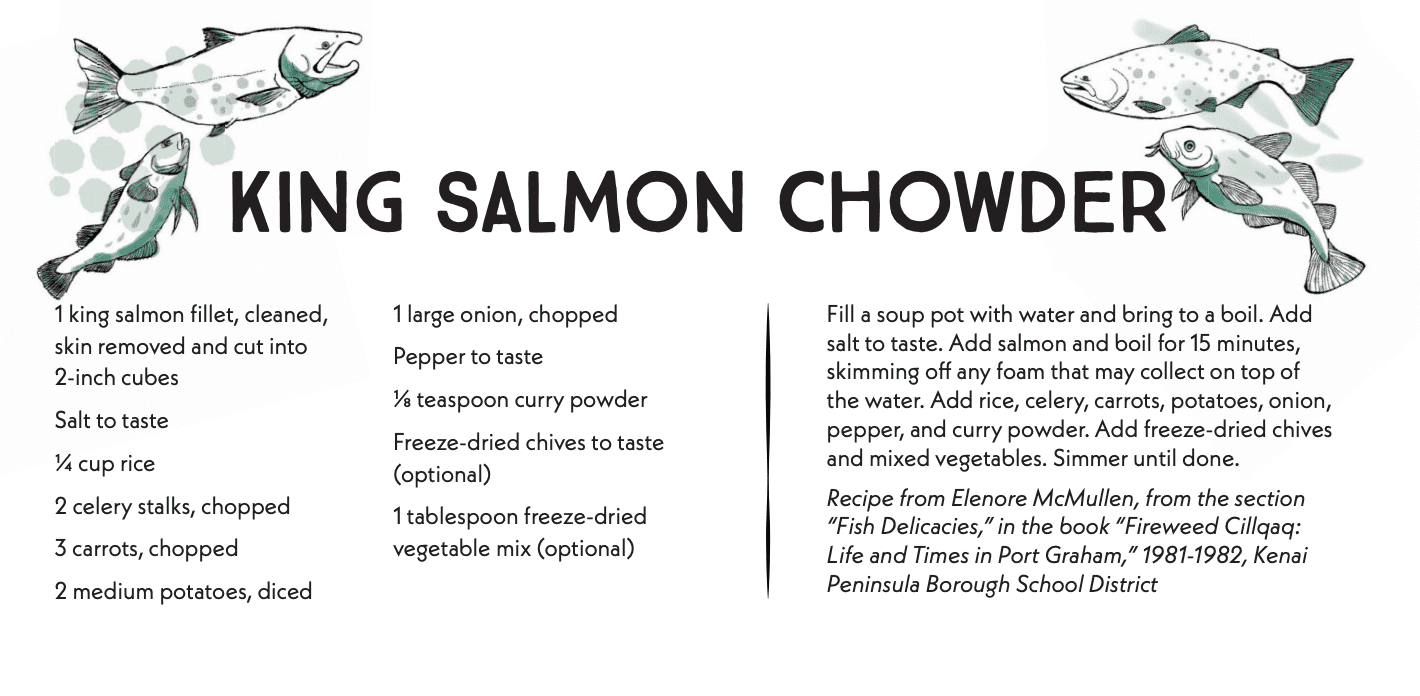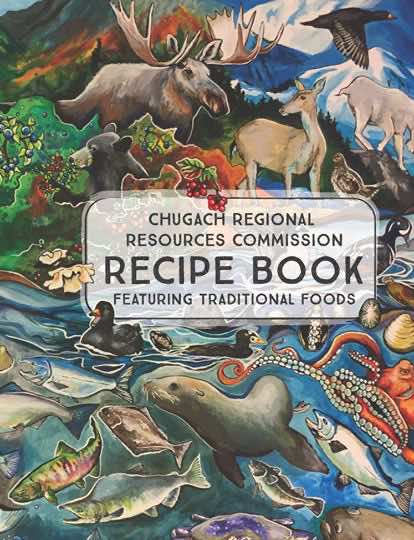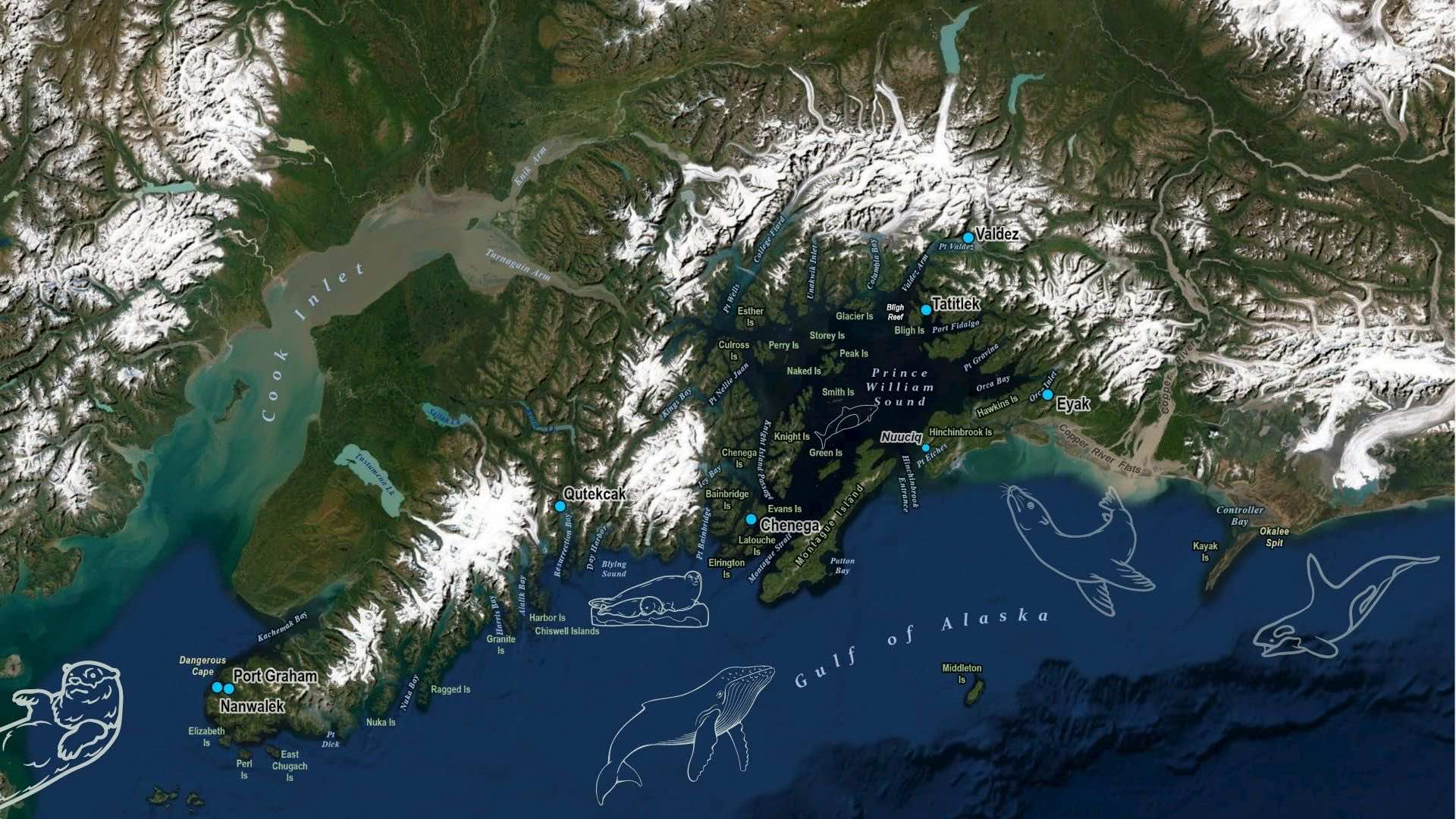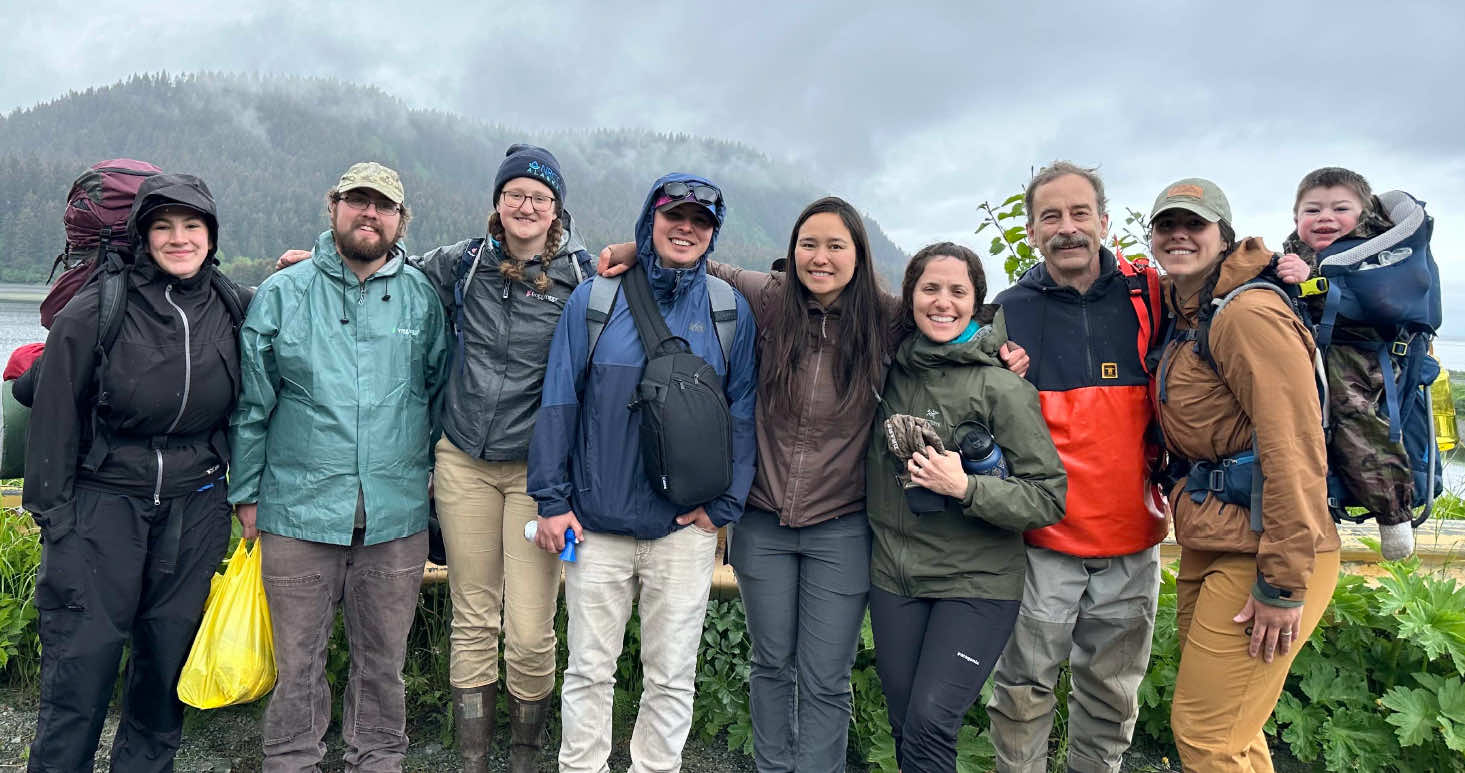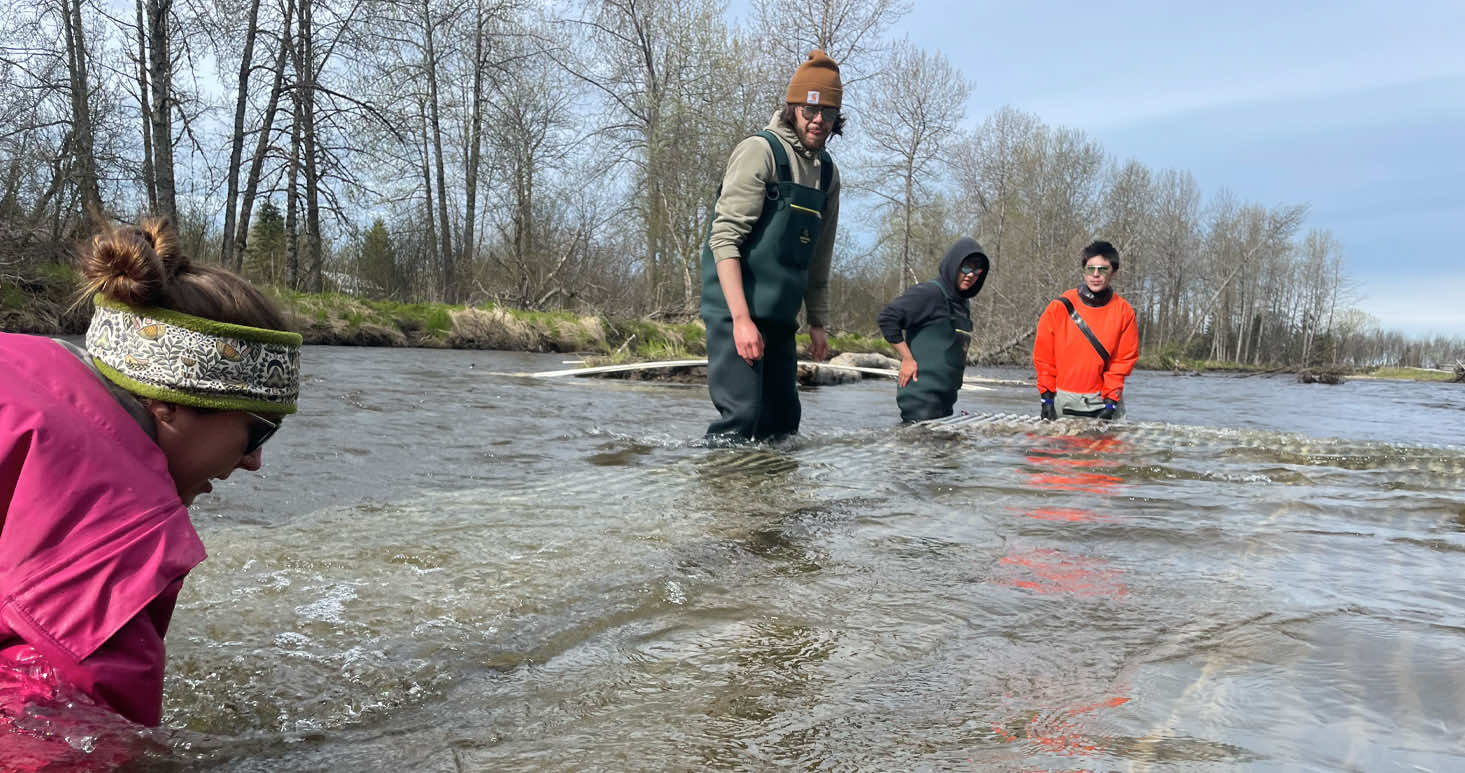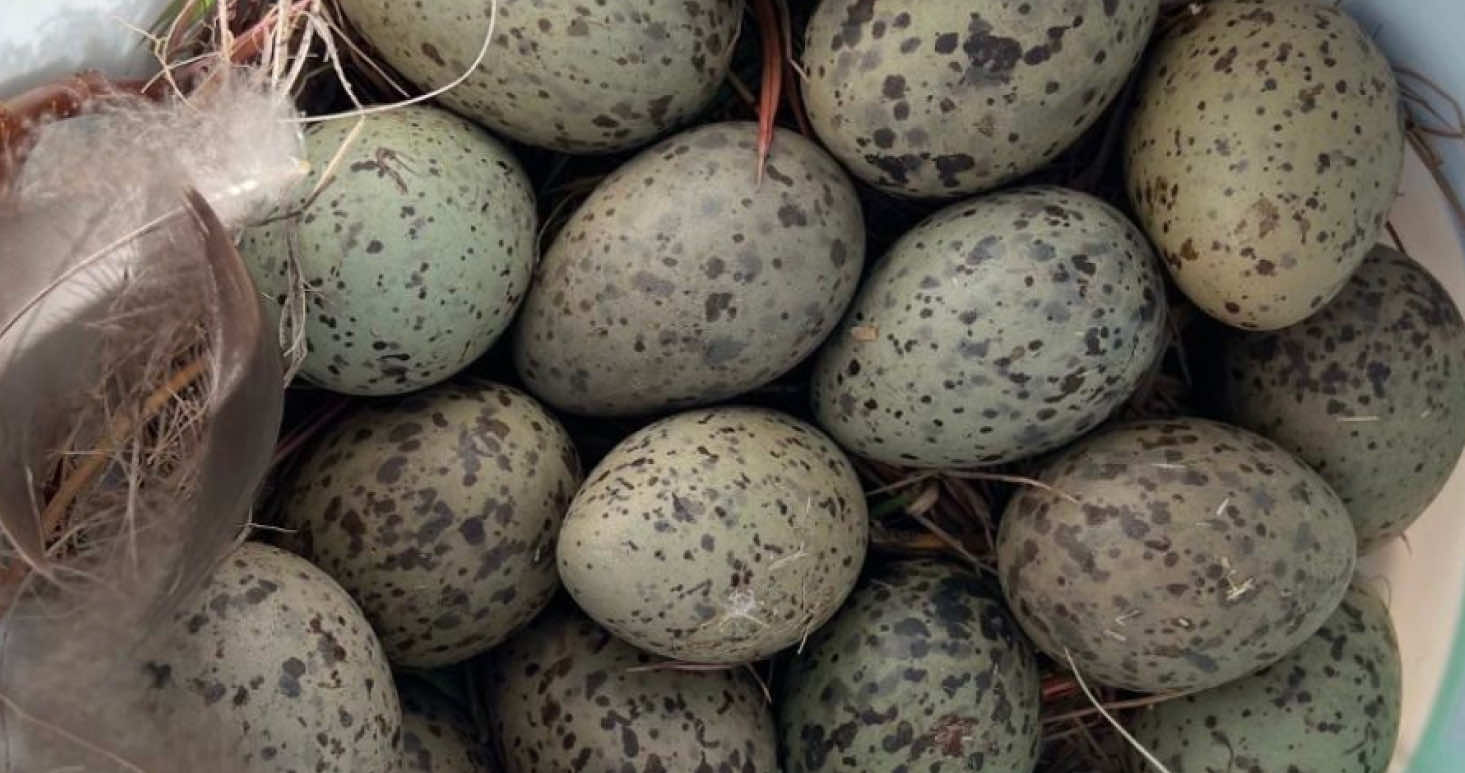CRRC 2022 Q4 Newsletter
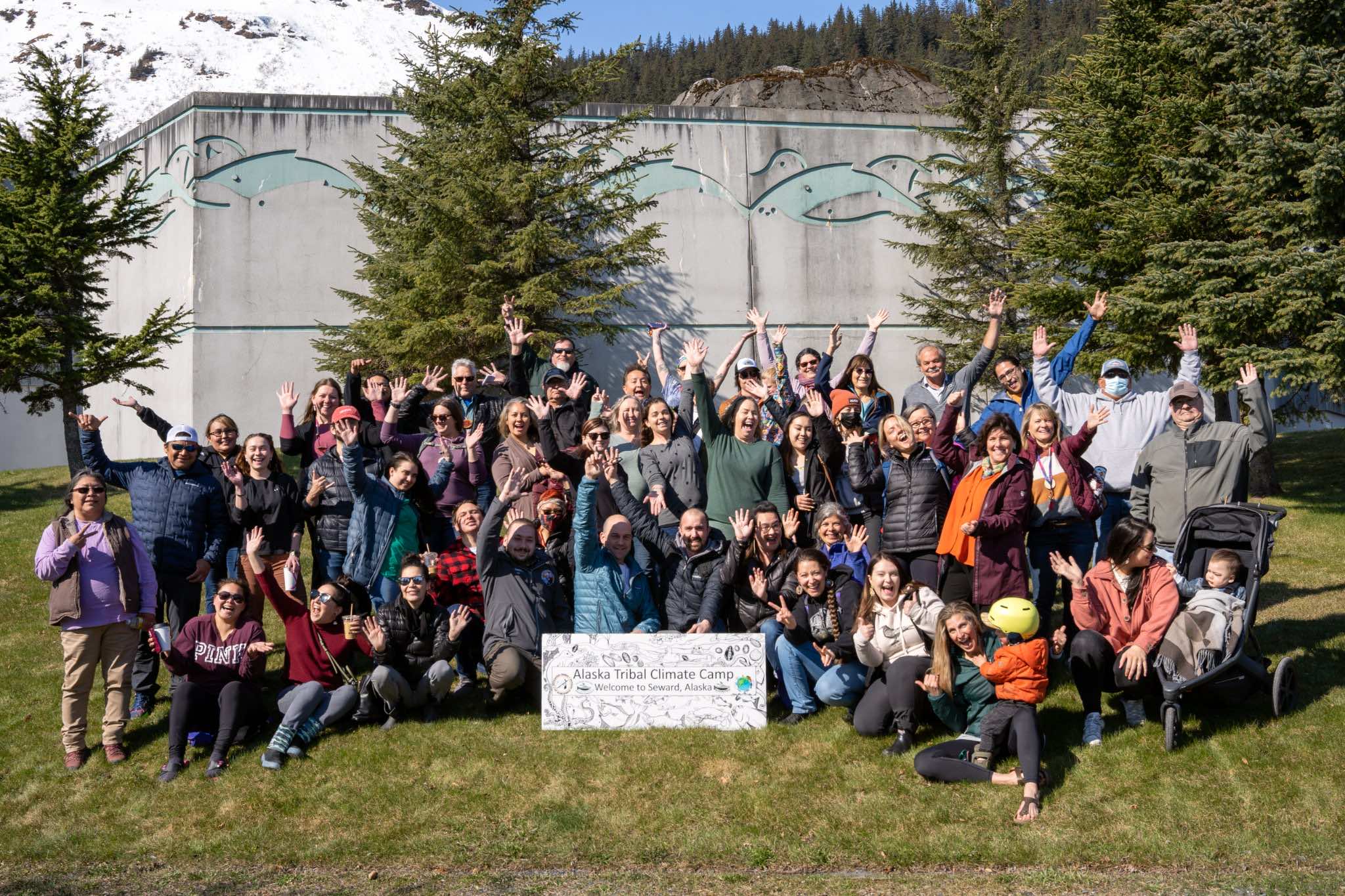
Quarter three has flown by! Our team has been busy training samplers on how to sample for Ocean Acidification (OA) and for Harmful Algae Blooms (HABs) at the HAB Workshop in Seward, Alaska, co-hosting Tribal Climate Camp, and checking in on our kelp arrays in the Prince William Sound. With summer fully underway, our communities have been busy on the water fishing and awaiting berry season. Our team is excited to be in the early phases of our ‘Chugach Imaq’ project to develop a culturally competent co-management plan for marine mammal species within the Chugach Region. We are also eager to kick off our climate cohort, the application is still open if you are interested! The Alutiiq Pride Marine Institute has continued to expand sampling for HABs and OA, and we are always looking to continue expanding. If you are interested in becoming involved in sampling and documenting how our ocean is changing, please contact Emily Mailman ().
We are excited to be housing the Qutekcak Native Tribes’ hydroponic unit. This 40-food container hydroponic system consists of rows of growing trays placed under lights in a cabinet-like structure. This allows large amounts of food to be produced in a small geographic area, year round! We are thankful for the support of the First Nations Development Institute for supporting our efforts in the site preparation.
CRRC is looking for 14 part-time Climate Cohort members to contribute to regional climate change planning efforts. Cohort members will receive a stipend, in addition to all travel, food, and lodging paid while attending a Cohort workshop. If interested, fill out the google form below or contact Erin Shew at (907) 385-7670 or
https://forms.gle/w5fF1bJETz3QHhxG6
We have been working for the last two years to get our Chugach Regional Ocean Monitoring (CROM) program up and running. We are currently visiting regional tribal communities to get local community samplers trained on taking dissolved inorganic carbon (DIC) samples to monitor for ocean acidification and phytoplankton samples for harmful algae bloom (HABs) monitoring. We currently have 5 sites up and running (Chenega, Seward, Tatitlek, Valdez, and Armin F. Koernig Hatchery) and are hoping to increase that number to represent all the tribes affiliated with CRRC and additional locations in environmentally sensitive areas.
Harmful algal blooms occur when a species of algae grow exponentially, rapidly increasing its concentration in a body of water. Algae blooms can become harmful in multiple ways. In Alaska, there are specific species of planktonic algae that produce toxins that can be harmful to people, animals, and the surrounding ecosystem. These toxins can cause severe health problems when ingested and may be fatal if concentrations are high enough*.
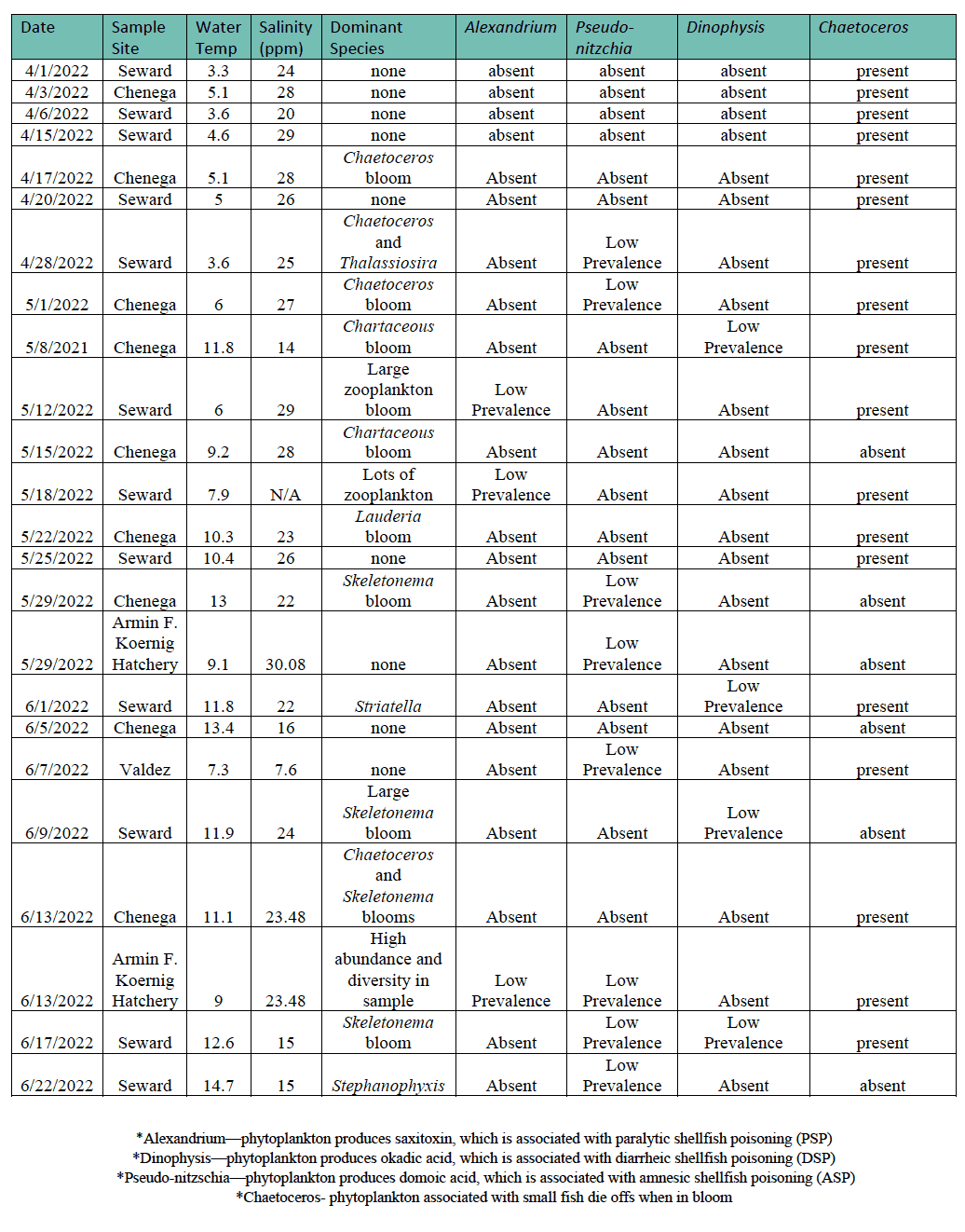
*CRRC and APMI are not regulatory agencies and the consumption of wild shellfish in Alaska is up to consumer discretion. Commercially harvested shellfish are regulated by the Department of Environmental Conservation and are considered safe for consumption. CRRC and APMI make no recommendations for harvest safety
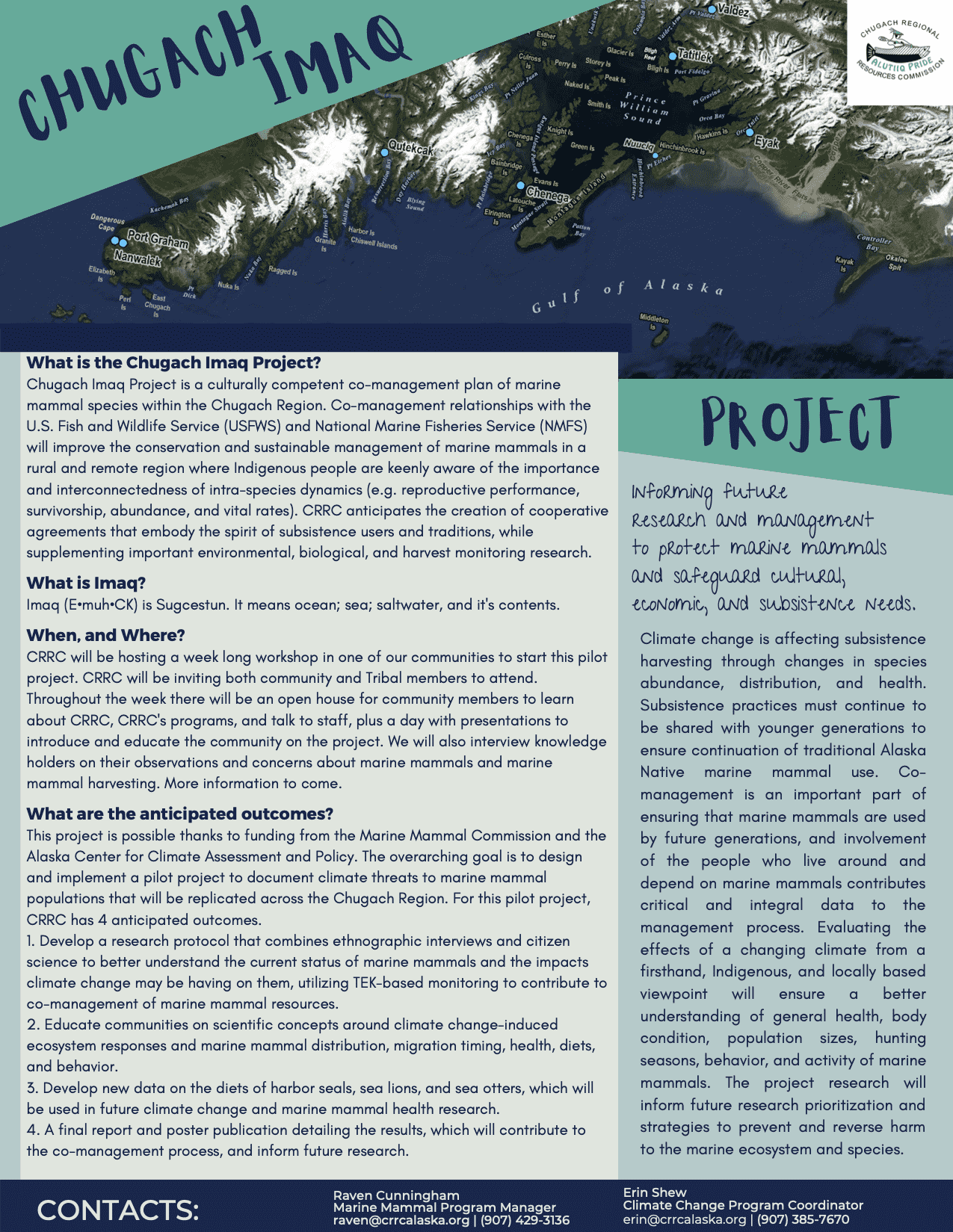
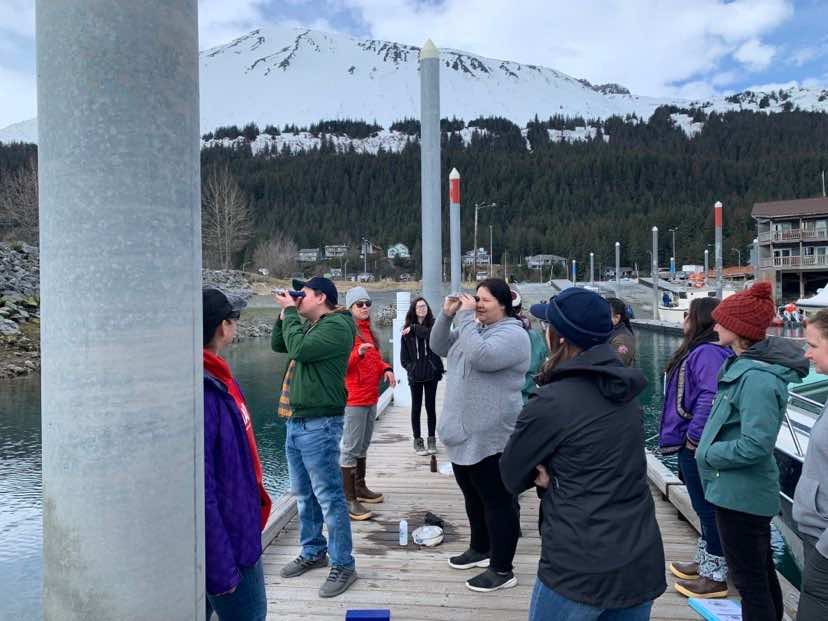
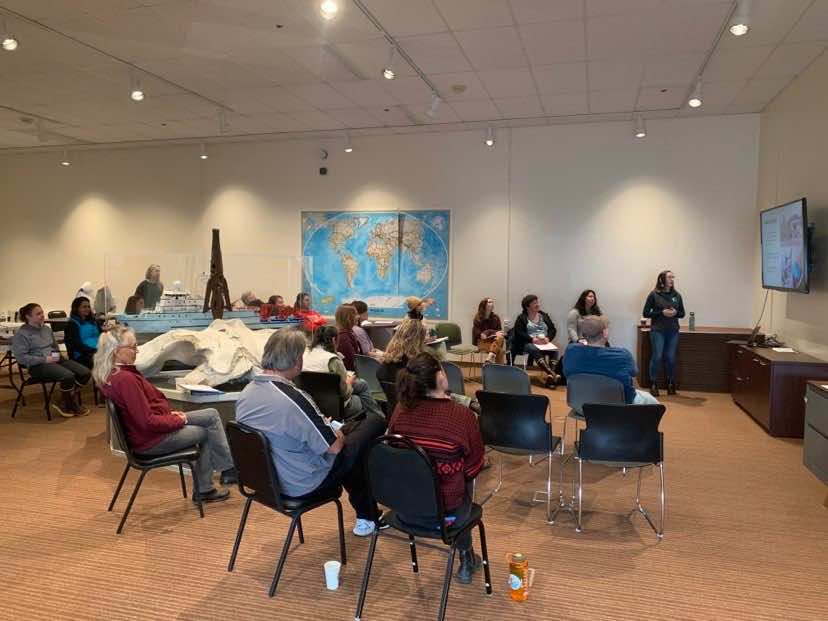
Alutiiq Pride Marine Institute hosted the 2022 HAB Workshop as part of the Chugach Regional Ocean Monitoring (CHROM) Program. On May 5th and 6th a total of 21 participants representing the Agdaagux Tribe of King Cove, Kodiak Area Native Association, Port Graham Community, Nanwalek Native Community, Norton Sound Health Corporation, Prince William Sound Stewardship Foundation, and Prince William Sound College attended.
The primary focus was training Tribal communities on HABs species identification and toxin detection methods developed by NCCOS. The workshop engaged attendees in the development and implementation of tribal natural resource management programs that ensure conservation and stewardship of natural resources in traditional use areas in Southcentral Alaska.
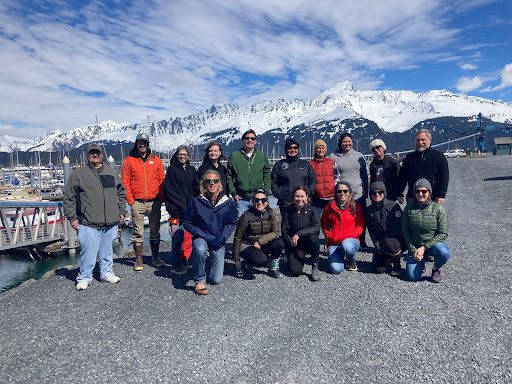
Community samplers after practicing phytoplankton tows in Resurrection Bay in Seward, Alaska (Qutecak). Interested in becoming a community sampler for your community? Contact Emily Mailman at .
Traditional Foods Recipes
Chugach Regional Resources Commission produced a recipe book based on recipes from Tribal members in the Chugach region.
The recipe book can be purchased here: https://chugach-regional-resources-commission.square.site/product/recipe-book-featuring-traditional-foods/3?cp=true&sa=true&sbp=false&q=false
In an effort to enhance food security in the region, CRRC used CDC grants funds to remaster the recipe pages to include nutritional values provided by the ANTHC as well as translations in various dialects, when available, from the Chugachmiut Heritage Preservation.
Chugach Regional Resources Commission (CRRC) is asking for your help to document Traditional Ecological Knowledge (TEK) on marine mammals in the region. CRRC’s new Marine Mammal program would like to build capacities to manage marine mammals within the region and work on the issues of blood quantum that inhibit the continuation of our cultural traditions to younger generations in the Chugach Region. We as Alaska Natives define ourselves by the traditions of obtaining, processing, and distributing wild resources. Marine mammals play a significant role in food security and provide a source of revenue through the sale of arts in areas where there are few income opportunities.
Please help us understand how marine mammals are utilized in your household. It is important to us as we move forward on creating co-management agreements for the region that we take your thoughts and considerations into account. This survey could take as little as 7 minutes.
Ready to take the survey?
Click on the link https://survey.alchemer.com/s3/6690768/Marine-Mammal-Utilization-Survey to start
2022 Tribal Climate Camp Participants
Tribal Climate Camp (TCC) 2022 was co-hosted by the Affiliated Tribes of Northwest Indians (ATNI) and Chugach Regional Resources Commission (CRRC) in Seward, Alaska (Qutekcak). The goal of TCC was to share knowledge and science while developing and learning about planning strategies, for addressing food security and climate change effects and risks on their communities.
Subsistence Resource Management Program
CRRC staff has been busy working on CRRC website upgrades, updating regulatory hunting posters, and working with a GIS Specialist to create an online ArcGIS StoryMap that provides information on hunting opportunities for Tribal members. The staff has recently been getting ready for the upcoming busy regulatory season, finishing program reports, and have been meeting with land management agency staff in our continued commitment to building meaningful relationships to further our mission of helping our Tribes and Tribal members. Please join us for our monthly Subsistence Alliance meetings, held on the first Wednesday of each month at 2:30 pm. These meetings are open to the public and we often have special guest speakers. The meetings are held virtually on Zoom, here is information on the next three meetings and how to join us!
Upcoming Regulatory Dates & Meetings
October
October 3rd-11th: North Pacific Fishery Management Council Meeting (Anchorage)
October 5th: Subsistence Alliance Meeting 2:30 pm – 4:00 pm
October 5th-6th: Eastern Regional Advisory Council Meeting (Fort Yukon)
October 12th-13th: Southcentral Regional Advisory Council (Anchorage)
October 25th-26th: Board of Fish Work Session (Anchorage)
October 27th-28th: Board of Fish Pacific Cod Meeting (Anchorage)
November
November 2nd: Subsistence Alliance Meeting 2:30 pm – 4:00 pm
December
December 5th-13th: North Pacific Fishery Management Council Meeting (Anchorage)
December 7th: Subsistence Alliance Meeting 2:30 pm – 4:00 pm
For additional information or for questions, please contact Christine Brummer at and/or Michael Opheim at .
In this course, you will learn about harmful algal bloom monitoring program of the Chugach region led by the Chugach Regional Resources Commission’s Alutiiq Pride Marine Institute, HABs in Alaska, and how they are currently monitored. Lastly, we offer tips and tricks on how to integrate phytoplankton baseline data collection into your environmental program.
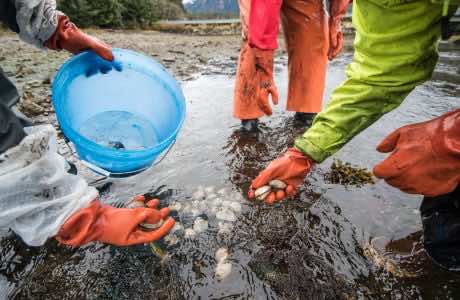
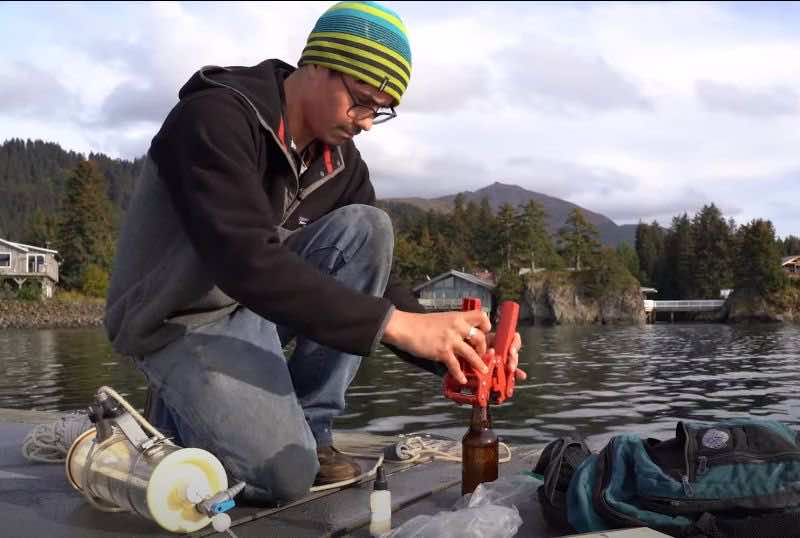
CRRC Launches Self-Paced Water Quality Monitoring Training – Click here!
In this course, you will learn about the water quality monitoring program of the Chugach region led by the Chugach Regional Resources Commission’s Alutiiq Pride Marine Institute, ocean acidification in Alaska, and how it is currently monitored. Lastly, we offer tips and tricks on how to integrate water quality baseline data collection into your environmental program.
